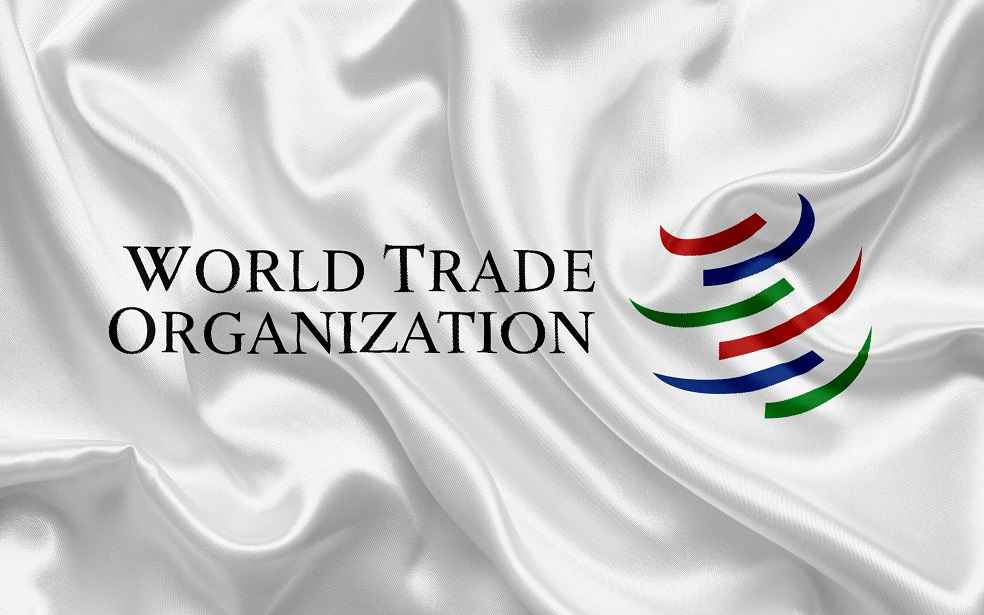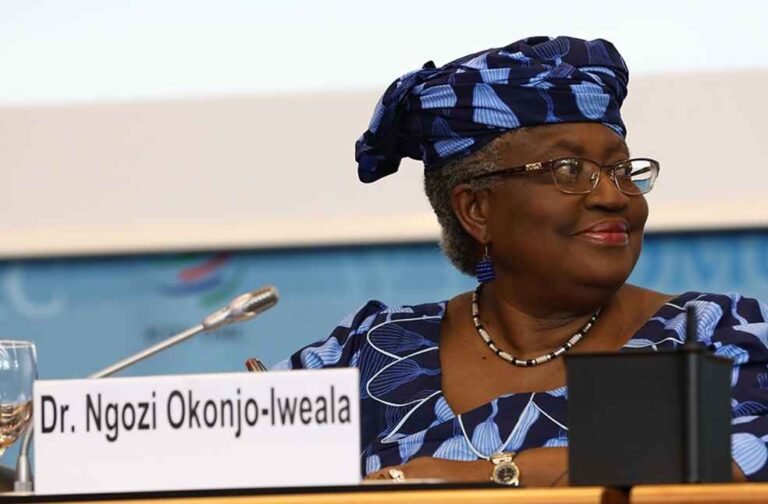Global trade faces major hurdles with surging protectionism and fragmentation threatening its foundation. Dr. Ngozi Okonjo-Iweala, Director-General of the World Trade Organization (WTO), recently highlighted these concerns during a BBC interview. She emphasized, “Global trade is really part of the lifeblood for making countries resilient – and also for underpinning growth, so we are concerned about that.” Rising protectionism and the undermining of WTO rules are leading to fragmentation, causing serious concern.
Recent actions by major economies underscore these challenges. The European Union (EU) imposed provisional tariffs up to 37.4% on imports of Chinese electric vehicles (EVs), following the United States’ introduction of 100% tariffs on Chinese EVs in May. Brussels and Washington accuse the Chinese government of unfairly subsidizing its EV sector, allowing producers to export cars at artificially low prices and threatening Western jobs. President Biden has also increased import taxes on other Chinese products, including EV batteries, solar panel cells, and computer chips, emphasizing the need to protect industries critical to the future.
The US is investing billions into green technology through the Inflation Reduction Act, aiming to reduce dependence on Chinese imports. Meanwhile, EU Trade Commissioner Valdis Dombrovskis expressed a desire for fair competition, stating, “We welcome imports, we welcome competition, but this competition must be fair.”

The WTO reported a 1.2% decline in global trade volume last year, marking only the third such drop in 30 years. This decrease, attributed to higher inflation and interest rates, has roots in ongoing global events reshaping economic landscapes. Gita Gopinath, the IMF’s first deputy managing director, noted, “The last few years, you’ve had numerous shocks, including the pandemic. We had Russia’s invasion of Ukraine, and following these events, increasingly, countries around the world are guided by economic security, and national security concerns, in determining who they trade with and who they invest in,” These events have driven countries to prioritize economic and national security in their trade and investment decisions, affecting nations worldwide.
Countries like Peru, Ghana, and Vietnam increasingly find themselves caught between strengthening economic ties with Western powers or aligning with the China-Russia axis. Dr. Okonjo-Iweala highlighted the emerging trade fragmentation, noting that trade between like-minded blocs is growing faster than across different blocs. This fragmentation could prove costly, with WTO research estimating a potential loss of 5% of the global economy, while the IMF suggests it could be as high as 7%, or $7.4 trillion, in lost output long-term.
Chinese EV exports to Europe have surged, rising from $1.6 billion in 2020 to $11.5 billion last year, now constituting 37% of all EV imports into the EU. Chinese companies like BYD, Geely, and SAIC have benefitted from substantial government support. Jens Eskelund, president of the European Union Chamber of Commerce in China, noted that these companies no longer need such aid, attributing the tariffs to an imbalance in the market. Eskelund also highlighted the declining volume of EU exports to China despite China’s steady economic growth, citing market access restrictions and stringent security regulations as major hurdles.

The EU aims to reduce economic dependence on China, with European Commission President Ursula von der Leyen advocating for ‘de-risking, not de-coupling.’ Concerns include China’s use of sensitive technology for military purposes and its support for Russia in Ukraine. Major companies like Ikea, Nike, and Apple are also seeking to lessen reliance on China.
Talks between the EU and China on potential EV tariffs are expected, but Chinese state media has indicated possible retaliatory measures on EU goods, including pork, cognac, and luxury cars.
Global trade faces additional obstacles, including disruptions in key maritime routes. The Panama Canal has reduced ship traffic due to insufficient rainfall, while the Suez Canal faces severe restrictions due to attacks by Houthi rebels in the Red Sea, leading to a 90% drop in traffic. Rolf Habben Jansen, CEO of Hapag-Lloyd, noted that shipping rates have increased by 30% to 40%, costs that will ultimately be passed on to consumers, potentially exacerbating inflation just as central banks begin to gain control.
Despite these tensions, Dr. Okonjo-Iweala pointed out that trade has shown resilience and emphasized the WTO’s role in resolving disputes. She also stressed the need for updates to global trade rules to address climate change challenges. “When these rules were established decades ago, we were not facing the climate change threats we confront today,” she said. Regarding the increased use of tariffs, she warned against a repeat of the 1930s, when retaliatory tariffs led to widespread economic decline
AUTOMOTIVE WORLD | Korea’s Auto Exports Reach Record $37.01 Billion in H1 2024, Up 3.8%



